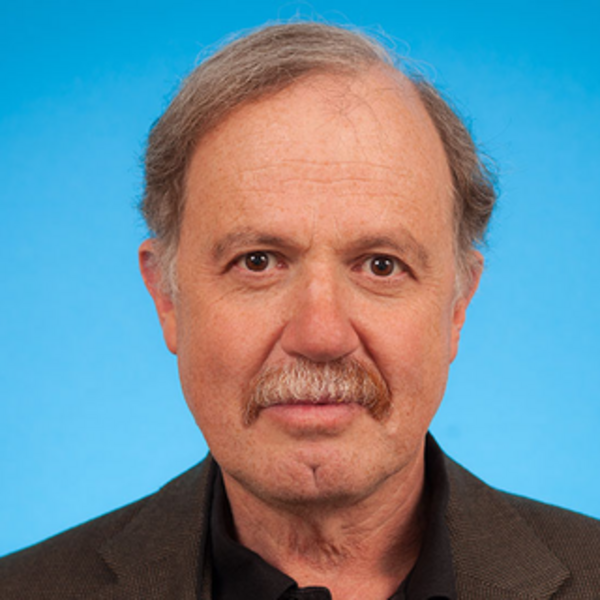Peter Vadas
PhD, MD, FRCPC

The Allergy and Immunology Clinic’s research programs are broad in scope and have resulted in innovative research discoveries that can support patients with diseases that require treatment to live normal lives.
Faculty members are actively engaged in research at basic, translational and clinical levels with meaningful outputs in the areas of: Adverse Drug Reaction and Rapid Drug Desensitization Program, Primary Immune Deficiencies, Mast Cell Disorders, C1 Esterase Inhibitor Deficiency, Chronic Spontaneous Urticaria (CSU). Notable multidisciplinary collaborations within the clinic include: Cholinergic Urticaria with Anaphylaxis, Mast Cell Activation Syndrome, Platin Allergy in Patients with Advanced Ovarian Cancer.
The Adverse Drug Reaction and Rapid Drug Desensitization Program was established by the Allergy and Immunology Clinic in 2001 to quickly identify and treat hospitalized patients who are experiencing adverse reactions, thereby reducing morbidity, length of stay and attendant costs. The Rapid Drug Desensitization (RDD) Program was established when this form of therapy was in its infancy. It is now a routine, established treatment that allows patients to safely receive a wide range of anti-microbial, chemotherapeutic and non-antimicrobial therapies to drugs which had caused life-threatening allergic reactions. RDD is routinely used in patients with cystic fibrosis who are experiencing an antibiotic allergy, and in patients with acute coronary syndromes and Aspirin allergy, amongst others. This program is the only one of its kind in Canada.
Significantly, the Allergy and Immunology Clinic has advanced clinical research in milk and peanut anaphylaxis using novel epicutaneous desensitization techniques, expertise in primary immune deficiency and gamma-globulin replacement treatment. The team has also lead international collaborations, such as sequestered auto-antigens in inducible forms of physical urticaria (ie: cholinergic, exercise and cold-induced urticaria). Recent collaborations with basic scientists have resulted in an uptake of evidence-based care into clinical practice and health policy. A high-impact publication on platelet activating factor (PAF) synthesis and release during mast cell activation and degranulation has served as a nidus for ongoing research into the mechanisms leading to severe and fatal anaphylaxis. In patients with acute anaphylaxis, serum PAF levels correlate with anaphylaxis severity.
The Allergy and Immunology Clinic is developing a clinical trial of PAF receptor blockers as rescue therapy in acute anaphylaxis in conjunction with the Food Allergy and Anaphylaxis Program at the Hospital for Sick Children.
Appointments
Head, Allergy and Clinical Immunology, St. Michael’s Hospital
Project Investigator, Li Ka Shing Knowledge Institute
